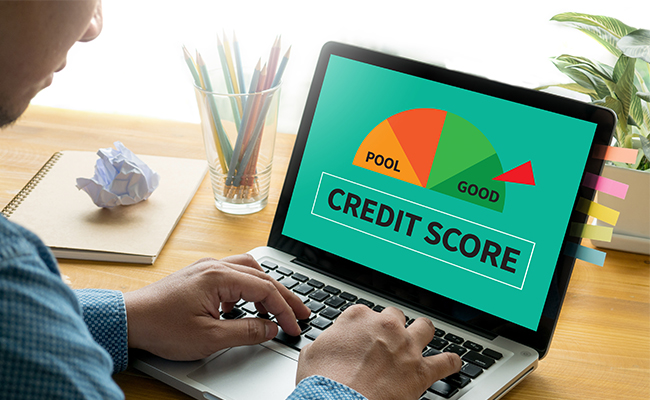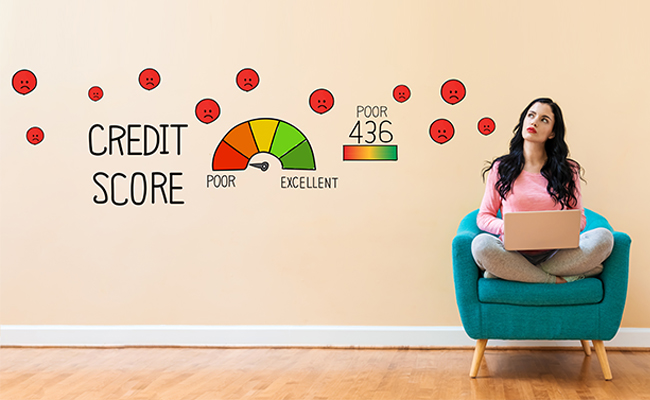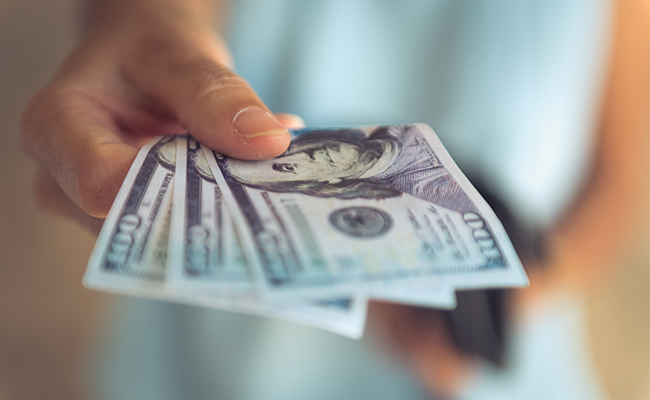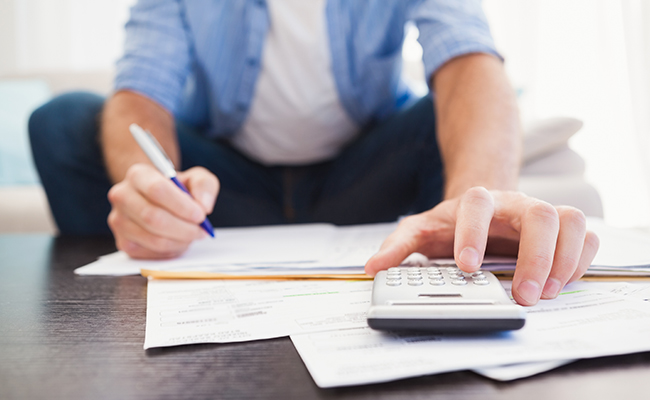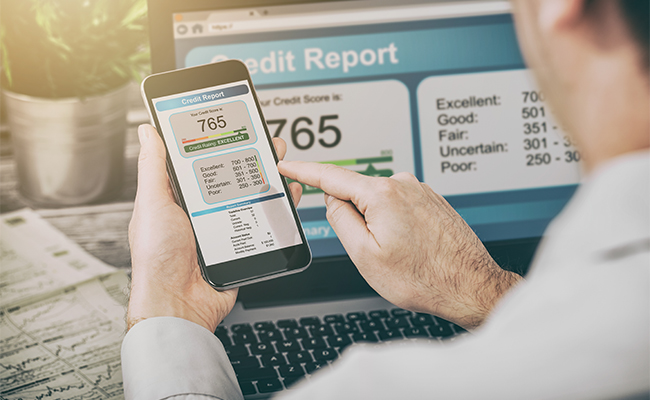Improve Credit Score: Does Paying Off Collections Help?
Your credit score serves as a financial report card. It influences various aspects of your life, from loan approvals or even landing your dream job.
It’s a three-digit number that holds significant power over your financial well-being. If you want to improve your credit score, you’ve come to the right place.
This comprehensive guide will explore proven strategies and actionable tips to help you enhance your credit score. To bounce back from past credit challenges, this guide will give you the knowledge to make informed decisions.
What Do Credit Scores Mean?
Credit score models are pretty cut and dry, actually, the range is self-explanatory. Check this out:
- Excellent Credit—> Score: 750 & Above
- Good—🡪 Score: 700-749
- Fair—🡪 Score: 650-699
- Poor–🡪 Score: 550-649
- Bad–🡪 Score: 550 & Below
If your account has yet to go to collections, knowing how to pay off collections and really paying them off or settling it can possibly help improve your credit score. To start with, understanding how to remove collections from your credit report, most of the time its just a matter of time and payments. Clearing a debt that you have an impact on your credit utilization ratio, which is the amount of credit you’re using versus your total credit limit. Credit bureaus advise that you use about 30% or less.
You May Also Like: Quick Cash Loan Online: 5 Ways to Secure Quick Funds
Does Paying off Collections Improve Credit Scores?
Yes, paying off collections can have a positive impact on improving your credit score. When you have collections on your credit report, it indicates that you have failed to fulfill your financial obligations in the past. This can significantly lower your credit score. However, when you pay off collections, it demonstrates responsible financial behavior and a commitment to resolving outstanding debts.
The positive effect of paying off collections on your credit score is primarily due to the impact on your payment history and credit utilization. Payment history is a significant factor in credit scoring models, accounting for approximately 35% of your credit score. By resolving collections, you are showing a more positive payment history, which can boost your credit score.
You May Also Like: How to Pay Off Debt: 10 Ways to Kill Debt with a Low Income
When Do Credit Scores Reflect Collection Payment?
However, it’s important to note that the immediate impact on your credit score after paying off collections may not be dramatic. Credit scoring models take time to reflect the updated information. It can take several weeks or even months for credit bureaus to improve your credit score. Additionally, the specific scoring model used by lenders may also influence the extent of the credit score improvement.
While paying off collections can help improve your credit score, it’s crucial to address other aspects of your credit history as well. Factors such as maintaining a positive payment history, managing credit utilization, diversifying your credit mix, and avoiding new credit applications can all contribute to a healthier credit profile.
It’s also important to note that not all collections may be eligible for removal from your credit report even after payment. The impact of collections on your credit score may vary depending on the scoring model used by lenders and other factors in your credit history.
You May Also Like: Consolidate Credit Card Debt: 5 Tips To Overcome Debt
How Does Paying off Old Debts Affect My Credit Score?
When you think about whether or not paying off collections improves your credit score, we also want to know how it affects our score in general. As soon as your credit reports have been updated with the newest payments, your credit score should have improved.
The FICO scores that the credit bureau uses is not the only model, its just very popular. There is also a Vantage Score that is used by Equifax, Experian, and TransUnion. Paying off an old debt won’t necessarily do much for your score, it will just soften the blow of the negative mark from the late payments.
Check if you qualify in two simple steps
- Step 1 – Select your debt amount below to see if you’re eligible.
- Step 2 –Answer a few quick questions & join hundreds of thousands of Americans on the path to becoming debt-free.
Related Articles
What Is Credit Card Debt Forgiveness? Is It Right for Me?
Prioritizing Delinquent Debts
When you have multiple passed due debts, you may feel overwhelmed and worried about what to pay first. Which one will affect my credit score the most?
In terms of credit reporting, negative items can remain on your report for seven years from the date due. That includes late payments, collections, and charge-offs.
The immediate impact of negative items does make your credit score decrease. To improve your credit score, you should pay off the ones that are the just recent ones. The new debts will affect your credit score more and paying those off first will help you out in the long run.
After seven years with a past due debt, you need to be careful when paying it off. It should have fallen off of your credit report completely but any new activity, even if you pay a little, can reactivate that account. If you pay the old debt, it will appear as new account history and the statute of limitations is reset.
Another detail that may be important is that medical collection accounts are treated differently than non-medical accounts. They do not hurt you as badly when improving your credit score. You should definitely pay off non-medical collections before medical ones. They will boost your score more too.
Settling Vs. Paying in Full
Settling debt means that you’re asking the creditor or collections agency to accept less than what you owe. This means what you agree upon will be what you pay them, it will be a significant part of your debt, but smaller than the balance. If you have been a loyal customer, your creditor may accept a settlement that’s thousands less than what you owe. Paying in full gets the same result as settling.
Conclusion
If you settle or pay in full on your past due debts, there will be a change in your credit score. There are sometimes that your score may actually increase. It is all based on which model is being used and what you have paid collections as well. Your score may not change at all though, so keep an open mind about this and make sure to follow up with everyone after a week or two of payment received.
Your credit score could climb a few points, or it could rise by 30. If you paid a past due debt recently, you can check your credit score to see how many points you increased. Pretty soon, you’ll be back on the road to good credit too.
Frequently Asked Questions
Can a cosigner help improve my credit score?
Having a cosigner can potentially improve your credit score in specific situations. Firstly, when you have a cosigner on a loan or credit card, both of you share the responsibility for repayment. By consistently making on-time payments, your credit score and the cosigner’s credit score can be positively impacted.
Secondly, if your cosigner has an excellent credit history, being associated with their positive credit behavior can reflect positively on your credit report, potentially helping to improve your credit score over time.
Thirdly, having a cosigner can be beneficial if you are new to credit or have a limited credit history, as it provides an opportunity to start building credit. However, it’s essential to be aware that relying on a cosigner also carries risks. If you miss payments or default on the loan, both your credit score and your cosigner’s credit score will be negatively affected.
Before entering into a cosigner arrangement, ensure that you understand the responsibilities involved and communicate openly with your cosigner. Making all payments on time and working towards establishing your credit independence is crucial to avoid future reliance on a cosigner.
How can I improve my credit score?
Improving your credit score requires a combination of responsible financial habits and strategic actions. To boost your credit score, it is important to pay your bills on time to avoid late payments.
Additionally, reducing your credit card balances can significantly improve your credit utilization ratio, which is an important factor in calculating your credit score. Maintaining a diverse credit mix by having different types of credit accounts, such as credit cards, loans, and a mortgage, can demonstrate your ability to handle various financial responsibilities.
Regularly monitoring your credit report allows you to identify and dispute any errors or discrepancies that could be negatively affecting your score. It is also advisable to limit new credit applications, as multiple applications within a short period can raise concerns for lenders. Remember that improving your credit score is a gradual process that requires consistency and patience. By following these steps, you can gradually enhance your creditworthiness and increase your chances of qualifying for better loan terms and financial opportunities.
How does a missed payment affect my credit score?
A missed payment can have a negative impact on your credit score. When you miss a payment, it is typically reported to the credit bureaus and noted on your credit report as a late payment. This notation can lower your credit score. The severity and frequency of missed payments can also play a role in the impact on your score. Recent or frequent late payments can have a more significant negative effect compared to isolated incidents. The timeliness of making the payment is crucial, as late payments that are more than 30 days past due are generally considered more severe and can have a more substantial impact. However, it’s important to note that a missed payment is not a permanent mark, and by promptly making the payment and reestablishing a consistent payment history, you can mitigate the negative impact and gradually improve your credit score over time.
Published April 25, 2019; Updated on May 17, 2019; Updated on June 21, 2022.
Sponsored Advertising Content:
Advertorial or Sponsorship User published Content does not represent the views of the Company or any individual associated with the Company, and we do not control this Content. In no event shall you represent or suggest, directly or indirectly, the Company's endorsement of user published Content.
The company does not vouch for the accuracy or credibility of any user published Content on our Website and does not take any responsibility or assume any liability for any actions you may take as a result of reading user published Content on our Website.
Through your use of the Website and Services, you may be exposed to Content that you may find offensive, objectionable, harmful, inaccurate, or deceptive.
By using our Website, you assume all associated risks.This Website contains hyperlinks to other websites controlled by third parties. These links are provided solely as a convenience to you and do not imply endorsement by the Company of, or any affiliation with, or endorsement by, the owner of the linked website.
Company is not responsible for the contents or use of any linked website, or any consequence of making the link.
This content is provided by New Start Advantage LLC through a licensed media partnership with Inquirer.net. Inquirer.net does not endorse or verify partner content. All information is for educational purposes only and does not constitute financial advice. Offers and terms may change without notice.

